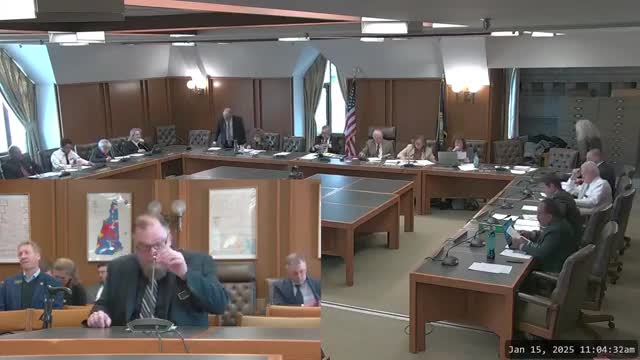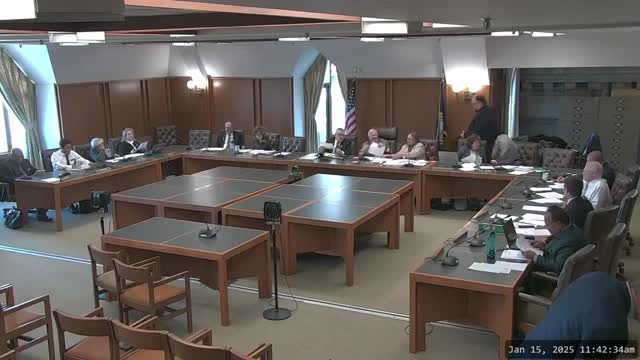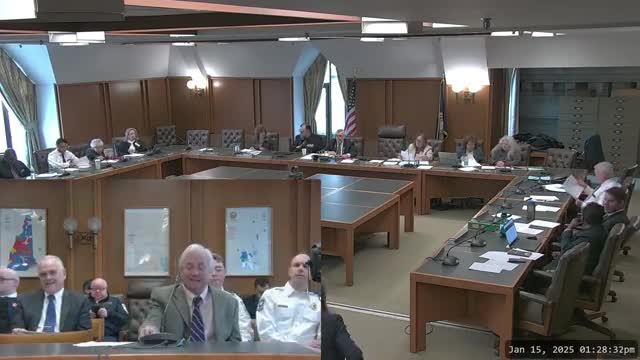Article not found
This article is no longer available. But don't worry—we've gathered other articles that discuss the same topic.

Bill would let New Hampshire treasurer invest in gold and large‑cap digital assets; supporters call it inflation hedge, critics cite volatility and constitution

House hearing probes stable tokens, tokenized real‑world assets and a proposed study commission

Banking and insurance industries oppose bill banning non‑risk‑based denials; regulators cite enforceability concerns

